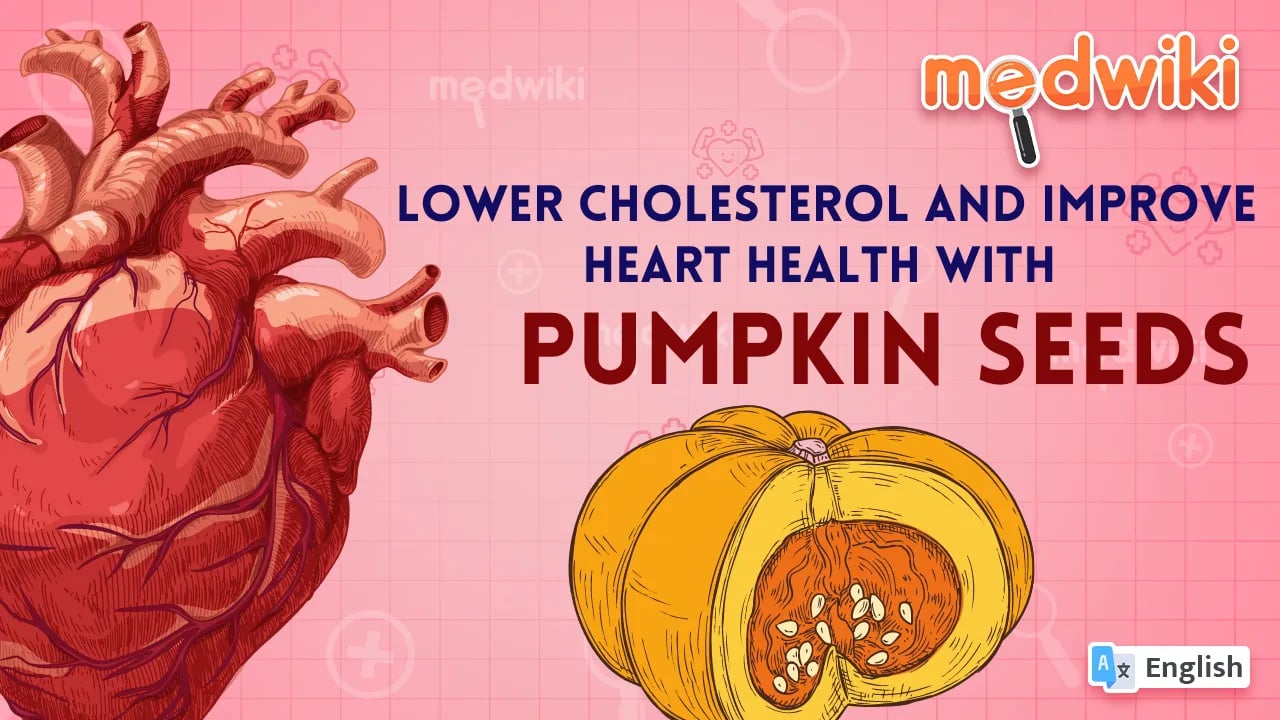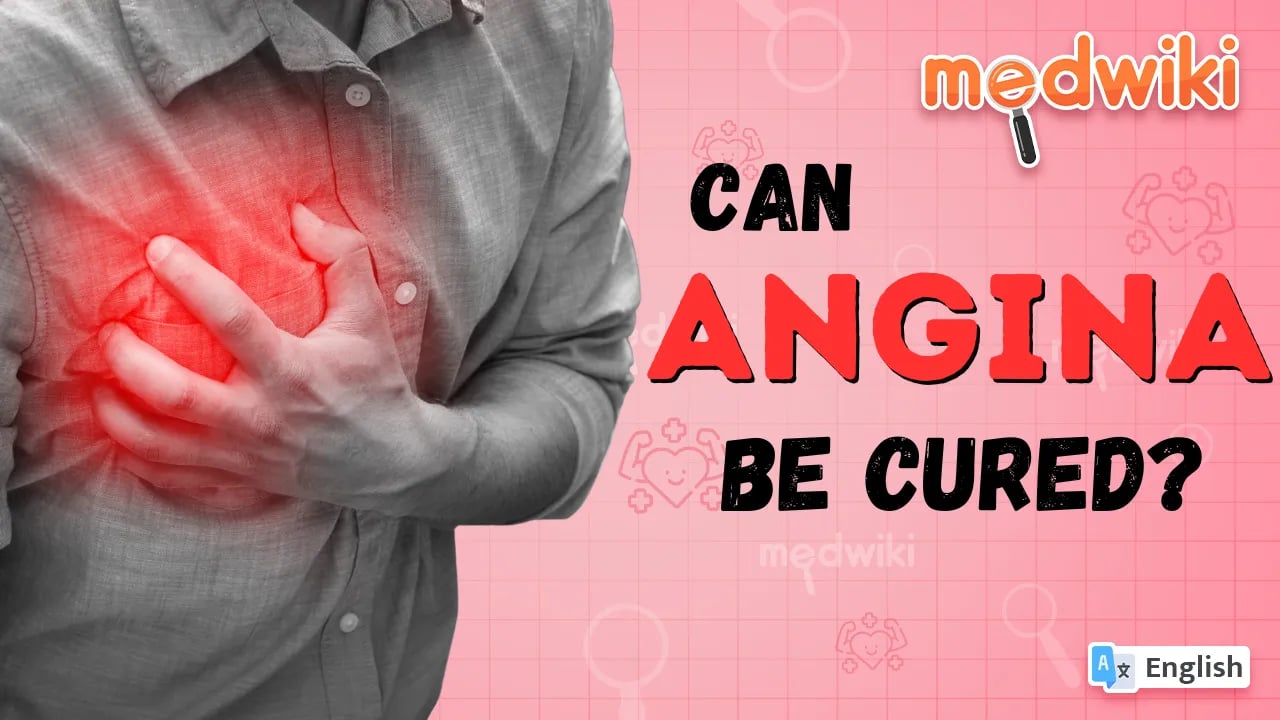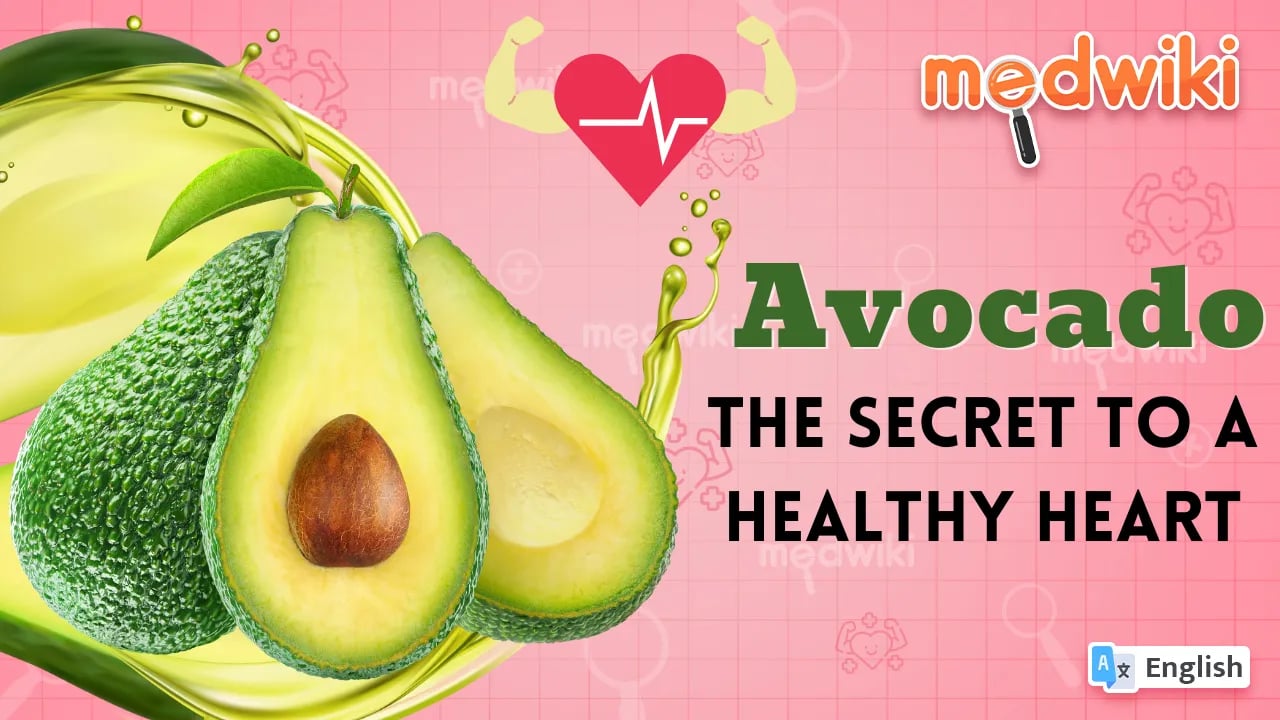What To Do And Not To Do During a Heart Attack?
What is a heart attack?
A heart attack is a condition of obstructed blood flow to the heart. It results due to blockage of arteries through fats and cholesterol buildup in the arteries of the heart. It starts with a feeling of tightness or pain in the chest but moves down to your arms, shoulders, and neck.
Suggested Read: Lower cholesterol and improve heart health with pumpkin seeds!
What is the cause of a heart attack?
- A complete or partial blockage of arteries of the heart resulting from plaque deposits can narrow the arteries, decreasing blood flow to the heart.
- A heart attack can even occur as a result of a strong spasm in the unblocked arteries supplying blood to the heart.
- Sometimes a viral infection can also lead to a heart attack in serious cases.
Suggested Read: Causes and Symptoms of High Blood Pressure!
What are the symptoms of a heart attack?
- Chest pain and pressure or tightness in the chest.
- Cold sweat.
- Lightheadedness.
- Nausea.
- Fatigue
- Numbness
- Indigestion.
- Vomiting.
- Shortness of breath
Suggested Read: Is Your Chest Pain a Warning Sign of Something More Serious? Don't Ignore These Symptoms
What to do when someone is having a heart attack?
1. Call Emergency Services: The first thing someone should do while encountering a heart attack is to dial the emergency number for immediate medical help.
2. Position the Person: Have the person sit comfortably with their back and head supported by a wall or pillow, and their knees bent. Keep the area properly ventilated.
3. Reassure Them: Encourage the person to stay calm and try to reassure them. Tell them not to panic as it can further worsen the condition.
4. Administer Prescribed Nitrates: If the person has been prescribed nitrates for chest pain, give them their medication as soon as possible.
5. Give Aspirin: Provide the person with an aspirin tablet (300 to 350 mg). Dissolve it in water or have them chew it completely. This may help save their life as aspirin helps in preventing clot or plaque formation in the blood vessels that can cause a heart attack.
Note: Do not give aspirin to anyone under 16 years of age or those allergic to aspirin.
6. Prepare for CPR: If the person becomes unconscious, be ready to perform CPR. If their condition worsens, use a defibrillator. CPR involves hard chest compressions at a rate of 100 to 120 compressions per minute, which improves blood flow to the brain and body, potentially helping the person survive.
Suggested Read: What Happens During an Angina Attack? Learn the Warning Signs and Symptoms!
What not to do when someone is having a heart attack?
1. Don’t Panic: Stay calm and focused and help the person with all the necessary first aid steps.
2. Don’t Leave Them Alone: Ensure the person is not left unattended, stay close to them.
3. Don’t Misinterpret the Pain: Don’t assume the pain is related to gastric issues or heartburn. Always check for the possibilities.
Suggested Read: Maximum Heart Rate by Age: Calculate Yours Easily
This information is not a substitute for medical advice. Consult your healthcare provider before making any changes to your treatment. Do not ignore or delay professional medical advice based on anything you have seen or read on Medwiki.
Find us at:



















.svg)